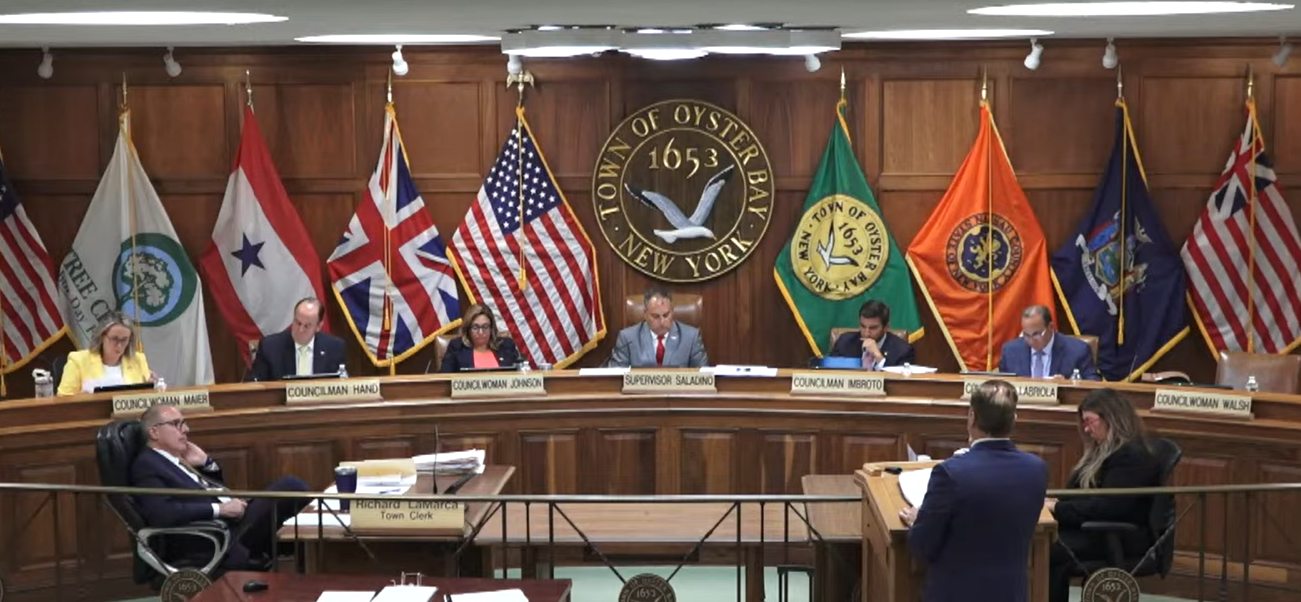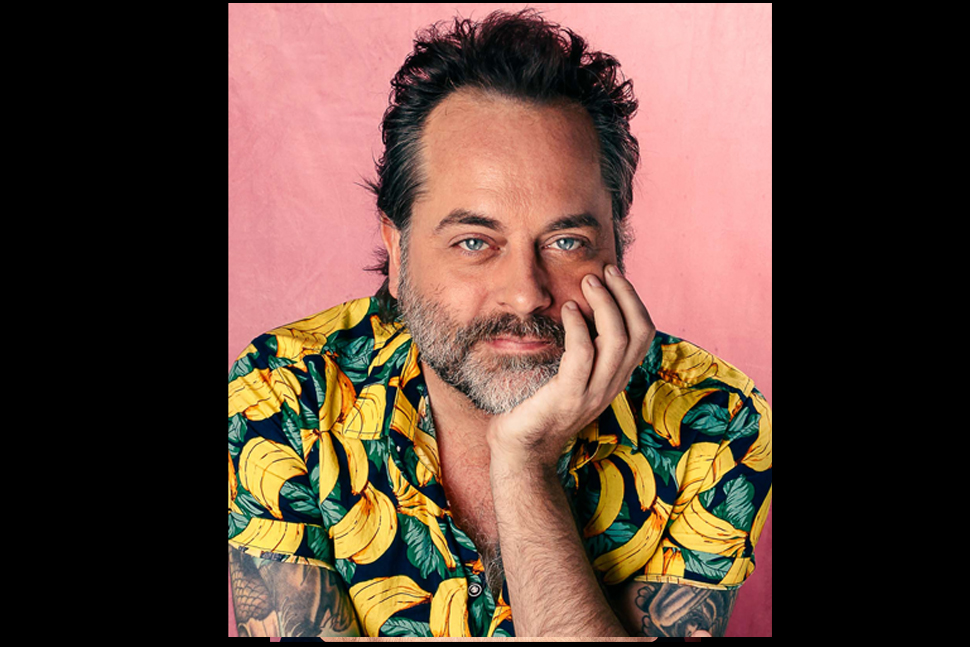Following Tuesday’s heated discussion, Town of Oyster Bay councilmembers will vote on a proposed short-term moratorium on shellfish harvest in the future.
The proposed ban, which would last three to six months, would allow the town to conduct environmental testing in the bay that would be used to create a Bay Management Plan, Town Supervisor Joseph Saladino said. The ban would occur in 1,850 acres of underwater land that is currently leased to a local business.
But independent harvesters strongly objected to the proposal, saying they should be allowed to continue their operations during these testing periods.
A representative of Frank M. Flower & Sons Inc., a local family business that currently owns 1,850 acres in the harbor, said the shellfish population on the leased land belongs to them.
But Saladino and independent baymen said Flower and Sons’ ownership will end on Sept. 30, when its 30-year lease expires.
Alfred Amato, a principal at Amato Law Group, which represents Flowers & Sons, said there is pending litigation in the New York State Supreme Court between the town and his client.
“The town code itself, under section 196-22, explicitly states that the shellfish in the leased area belongs to Flower,” said Amato.
He said all Flower operations and harvesting practices comply with both state and federal regulations. He added that operations benefit the water land by filtering the water and removing nitrogen.
Saladino said that if the proposed moratorium is approved, the town board will conduct testing quickly so shellfish harvesters can resume their operations as soon as possible.
Independent baymen said the shellfish in the area belong to the state once the lease is complete.
“The lease does not give Flowers any rights to underwater lands after Sept. 30, 2024,” said Robert Wemyss, secretary of the North Oyster Bay Baymen’s Association. “After the lease expires, the State of New York owns all shellfish on the 1,800 acres.”
Wemyss said that Flower & Son dredged outside of its leased land, negatively affecting harvesters’ practices on public land.
Baymen said they should be allowed to continue their harvests once Flowers’ lease is up.
“Oyster Bay is 5,000 acres of underwater land. 1,800 of that 40%,” one independent bayman and long-time Syosset resident said. “And all the good land was leased out. Garbage bottom wasn’t. So that 40% of the bay represents probably 80-90% of the productive part of the harbor.”
“The town over-leased the bay,” he said. “They were either non-informed or they were supportive of the rape of the public resource.”
Residents said the public did not have access to this land and have waited 30 years for the lease to expire.
“Baymen are not opposed to the study,” said resident William Painter. Instead, he said that baymen should be allowed to continue harvesting practices while the studies and testing takes place.
Christine Suter, the executive director of the Oyster Bay-based Friends of the Bay, said the moratorium is a “critical step.”
“The more data, the better,” Suter said.
Saladino said the seabed has not been surveyed in the three decades that the lease has been in place.
“It wasn’t this board that put that lease into place,” Saladino said.
The board will keep the record open for the next 30 days.
Correction from print version: The town councilmembers did not table the discussion. The record will remain open for the next 30 days, which is standard practice following a public hearing. Additionally, a Town of Oyster Bay representative says the underwater land is 102,000 acres, not 5,000, as quoted from a resident.






